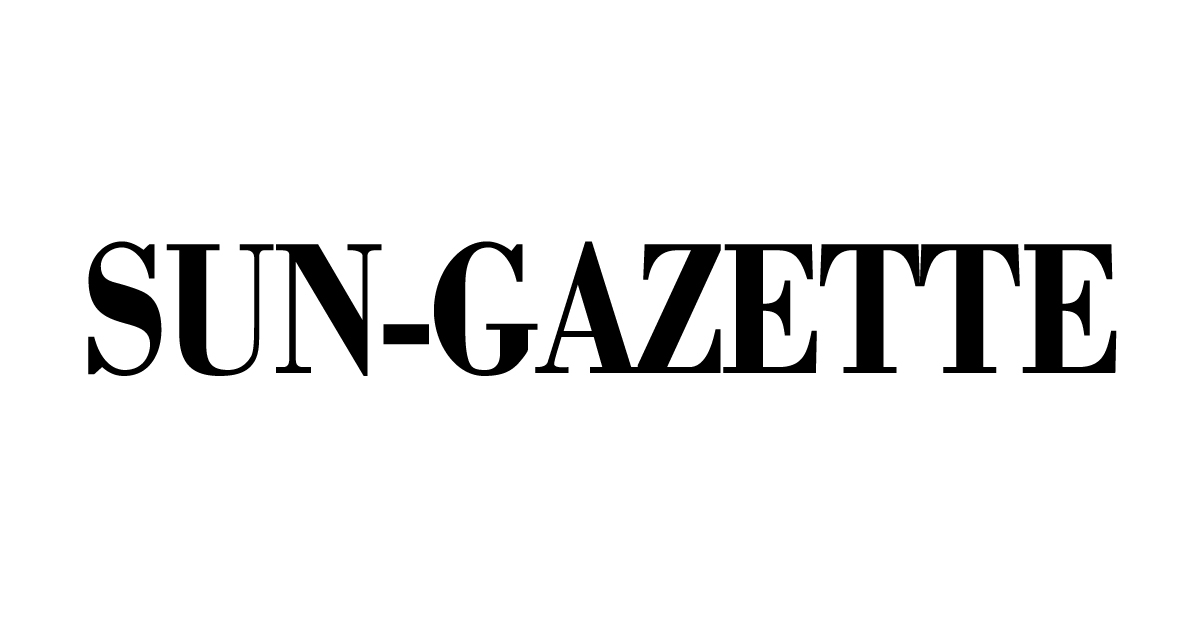Regulating cyber constitution faculties again on agenda

HARRISBURG — A invoice making its manner by the Pennsylvania legislature would cap the sum of money public college districts ship to cyber charters and require these faculties to be extra clear about their internal workings.
Altering expertise and a world pandemic brought on college students to flock to those absolutely on-line, independently run Ok-12 establishments.
However the state rules that govern these faculties, final up to date 20 years in the past, didn’t anticipate the fast progress of cyber charters — there are 14 that educate greater than 60,000 college students — or the sum of money public college districts would find yourself paying in tuition prices.
The rules additionally lack primary accountability measures equivalent to a requirement for public conferences or sturdy monetary disclosures, which critics say leaves the general public at nighttime about how taxpayer {dollars} are spent.
Democratic and Republican legislators agree the rules have to be up to date, however say they’re a good distance from consensus. Cyber constitution supporters and key GOP lawmakers say the flat charge for tuition isn’t ample and that the state ought to spend money on public college alternate options, not put further restrictions on them.
“Cyber constitution faculties are solely open as a result of dad and mom need choices for his or her youngsters, and that could be a far larger accountability customary than something the standard public faculties face immediately,” stated Matthew Brouillette, a political operative with ties to teams which have directed tens of millions in political spending to candidates who help college alternative. “Conventional public faculties are failing throughout us, they usually get more cash, no more accountability.”
The invoice handed the state Home with some bipartisan help — 20 Republicans joined all 102 Democrats in voting sure. However the lawmaker who chairs the state Senate committee by which the invoice should move has not dedicated to transferring it.
State Sen. David Argall (R., Schuylkill) stated he would help a invoice that makes fewer and fewer controversial adjustments first. He didn’t recommend any particular insurance policies when requested.
“We’re simply not going to agree on 100% of any laws,” Argall stated. “If we agree on 10 to fifteen%, I’d prefer to get that by then speak in regards to the different 85%.”
A $1 billion price ticket
Cyber constitution tuition is paid by the general public college district of the kid enrolled, and it may be costly: Districts despatched practically $1 billion to cyber charters within the 2020-21 college yr, based on Analysis for Motion, a Philadelphia-based nonprofit that research schooling coverage.
Public college districts obtain cash from the state, however their budgets are overwhelmingly funded by native property taxes. A Pennsylvania courtroom not too long ago dominated this method is unconstitutional and inequitable.
Solely three different states fund cyber constitution faculties instantly by funds from districts. Roughly 20 others acceptable cash for cyber charters from state budgets, and the remaining ones use a mixture of funds.
The state Home invoice would considerably change the funding scheme. Whereas cash would nonetheless come from public college districts, the measure would set a statewide charge of $8,000 per non-special schooling pupil. The speed would improve each three years “based mostly on the common charge that college districts raised property taxes,” based on a fiscal evaluation ready for the state Home.
The present charge components varies based mostly on the quantity public faculties spend on their college students and the variety of college students in a public district who choose to attend a cyber constitution every day.
Over 90% of Pennsylvania college districts signed a decision this yr asking the Common Meeting to alter the funding system for cyber charters.
“These funds are calculated in a fashion which requires districts to ship more cash to constitution faculties than is required to function their packages and locations a big monetary burden on districts’ sources and taxpayers,” the decision stated.
State Rep. Jesse Topper (R., Fulton), minority chair of the Home Training Committee, stated he helps altering cyber constitution rules however opposes the one-size-fits-all statewide charge.
He stated there are public faculties in his legislative district that pay lower than $8,000 per pupil in cyber constitution charges, that means the laws would really trigger their prices to rise.
Topper stated he’s open to transferring away from a system through which public faculties are solely accountable for cyber constitution tuition. A possible answer, he stated, may contain the state adopting some monetary duty to remove the “poisonous nature of the connection” between public and cyber constitution faculties.
The state Home invoice would additionally considerably change tuition charges for particular schooling college students, a selected ache level for public faculties that say they’re required to ship more cash than is definitely used to coach youngsters.
Whereas particular schooling for public college districts is funded based mostly on the precise prices of companies for college students with disabilities, cyber charters are funded with thesame tuition per particular schooling pupil, no matter want.
An absence of transparency
Public college districts operate underneath Pennsylvania’s Sunshine Act. Boards are required to carry public conferences and get enter on objects equivalent to budgets and curricula earlier than making selections.
Board members are elected officers who serve four-year phrases. They file public statements of monetary curiosity and don’t get compensated for his or her work.
Faculty boards should additionally adhere to the state Ethics Act and comply with sure pointers if conducting enterprise with the relative of a board member.
Cyber constitution faculties, however, usually are not required to host open conferences or get enter on their price range. Whereas they do report sure statistics to the state Division of Training annually, the monetary info cyber charters disclose is restricted.
Beneath the state Home invoice, the operations of a cyber constitution board can be topic to the Sunshine Act, and budgets must be made public at the least 20 days previous to adoption. The general public would have the ability to see 5 years of annual budgets, tax filings, licensed audits, and annual studies.
The invoice would additionally categorize people on these boards as public officers, which might topic them to state ethics requirements and monetary disclosure types. The boards would wish to incorporate at the least seven voting members who aren’t associated, together with one mum or dad of a pupil enrolled on the cyber constitution. Board members wouldn’t be paid apart from “cheap bills.”
“These cyber constitution faculties have boards, and also you don’t actually know if folks [on the boards] are financially benefiting from selections they’re making,” stated Susan Spicka, government director of Training Voters of PA, a public college advocacy group. “Temptation with out accountability will be an excessive amount of for some folks, there’s simply a lot extra cash for folks to misuse.”
The invoice would additionally topic companies that enter into contracts with cyber charters, together with monetary administration firms, to the Proper-to-Know Legislation.
In contrast to public faculties, lots of which have their very own enterprise workplaces, cyber charters rent monetary administration firms. These firms deal with tens of millions of {dollars} in taxpayer funding, however their books can’t be reviewed by state officers or the general public as a result of they’re personal organizations.
Former Auditor Common Eugene DePasquale, a Democrat, discovered that one such firm was “working with out boundaries or accountability” and that it was unclear what companies it had offered. The corporate had in the meantime been handing out pay raises to executives.
Whereas debating the invoice on the state Home ground, Rep. Torren Ecker (R., Adams) stated the Proper-to-Know requirement is simply too broad — it could embrace firms employed for building tasks, for instance.
The invoice would additionally put new restrictions on cyber charters’ potential to promote — a big change, as a few of these faculties routinely use a bit of their budgets for self-promotion.
Proper-to-Know requests filed by Training Voters of PA present that Pennsylvania’s 14 cyber charters collectively spent $16.8 million on promoting within the 2021-22 college yr. Harrisburg-based Commonwealth Constitution Academy spent essentially the most: greater than $8 million.
The group additionally discovered that PA Digital Constitution, based mostly in King of Prussia, spent greater than $28,000 sponsoring minor league baseball groups, and greater than $130,000 on bus wraps and different transit promoting.
Brouillette, the cyber constitution advocate, stated these adverts are mandatory.
“Constitution faculties solely survive in the event that they appeal to college students, and promoting is one solution to inform them about that choice,” Brouillette stated.
Beneath the invoice, all paid media from cyber constitution faculties must disclose that the adverts have been paid for utilizing taxpayer {dollars}. Cyber charters would even be prohibited from sponsoring public occasions.


